Publications
Articles, publications, books, tools and multimedia features from the U.S. Institute of Peace provide the latest news, analysis, research findings, practitioner guides and reports, all related to the conflict zones and issues that are at the center of the Institute’s work to prevent and reduce violent conflict.
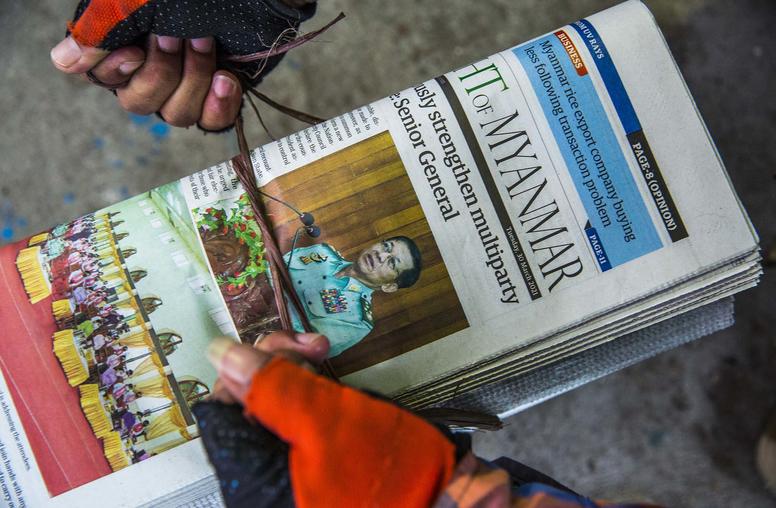
Myanmar: China, the Coup and the Future
In making major deals with Myanmar’s military rulers, China seems to be violating its official guidance for investment abroad: Avoid conflict zones. Although Myanmar is in a state of collapse and widening rebellion, China continues to advance plans for a complex economic corridor in the country with the military unveiling steps to move ahead with big joint-venture projects. The generals’ bid to appear in control of things is obvious. China, on the other hand, seems to have fallen into a trap. Cozying up to the junta puts its investments at immediate and long-term risk and erodes its standing in regional organizations. To protect its interests, Beijing should press the junta to curb its rampant violence against the population and to restore the elected government.
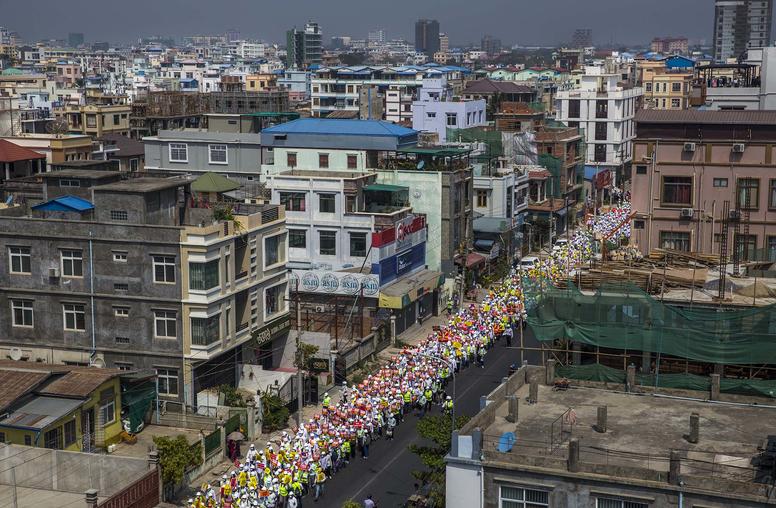
Chaos in Myanmar Is China’s Nightmare
The suspicion that China approved the military coup against Myanmar’s elected government runs deep among Burmese resisting their new dictatorship. Perhaps proof of such meddling will emerge someday. For now, what seems clear is that China would not have chosen to knowingly embroil its interests in Myanmar in the chaos that has followed the army’s power grab. On virtually every front, from public health to national security, China now faces new threats created by the post-coup breakdown in governance and the rule of law. As these consequences come into focus, Beijing will have to decide whether to maintain its tacit acceptance of the generals’ regime or take a different policy tack to protect investments in its neighbor to the south.
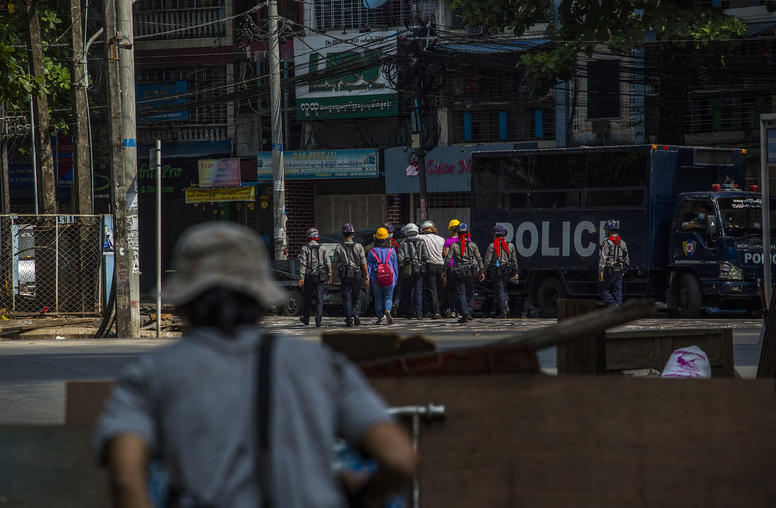
Chaos Sparked by Myanmar Coup Fuels Chinese Cross-border Crime
In the two months since the military reestablished its tumultuous rule, criminal activities in Myanmar have widened dramatically, posing new challenges to the region’s efforts and ability to control cross-border crime.
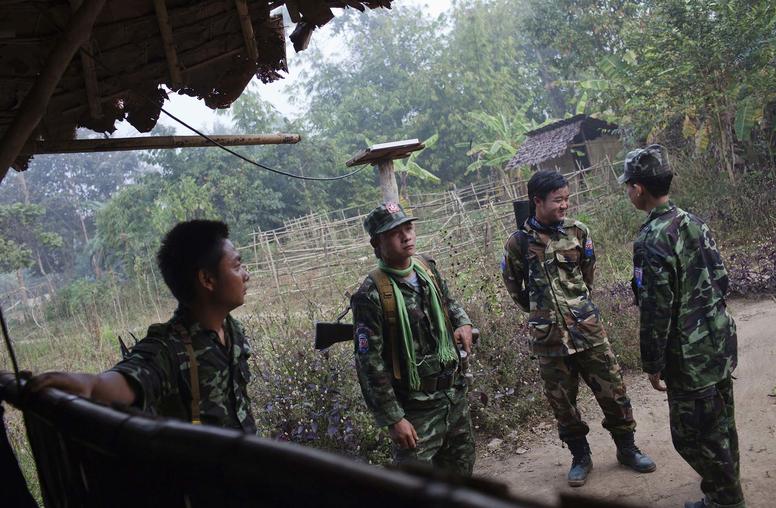
Myanmar: Army Moves Against Chinese Crime Groups in Autonomous Zones
Myanmar authorities, alarmed by the surging growth of autonomous zones where criminal interests operate under the protection of domestic militias, are moving to curb the influence of Chinese transnational crime groups in those areas and impose the rule of law.
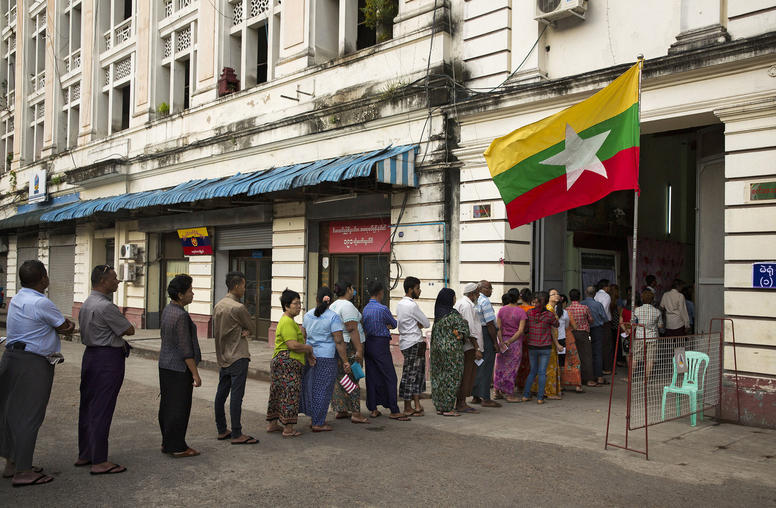
Election Cancellations in Rakhine State Could Signal Trouble for Myanmar
On October 16, when it took the stunning and sweeping decision to cancel most of the vote in Rakhine State on November 8, the Union Election Commission (UEC) disenfranchised an estimated 73% of Rakhine voters, in addition to the Rohingya who had been stripped of voting rights in 2015. The UEC justified its decision on the grounds that the election could be neither free nor fair because of ongoing armed conflict in the state. When critics asked why the elections had not been cancelled in war-stricken Paletwa, where security concerns are most acute, the UEC called off elections in parts of that Chin State town and restored them in a few village tracts in Rakhine.
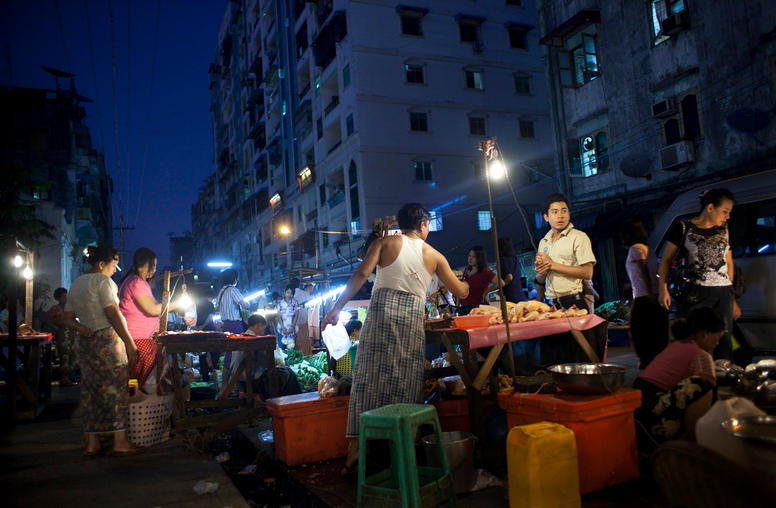
The Dangers of Myanmar’s Ungoverned Casino Cities
As a struggling, incomplete democracy, Myanmar and its elected leaders face challenges that would confound any country. The best-known involve the military’s uneven loosening of a 50-year dictatorship; ethnic tensions and armed conflicts; the lack of a common national identity; entrenched poverty; and the complications of borders with five nations, including China. Less well known is an emerging threat that touches each of these vital concerns. Over the past three years, transnational networks with links to organized crime have partnered with local armed groups, carving out autonomous enclaves and building so-called “smart cities” to tap into the huge, but illegal, Chinese online gambling market. Myanmar’s leaders at every level and in every sector should pay serious attention to the alarming national implications of these developments.
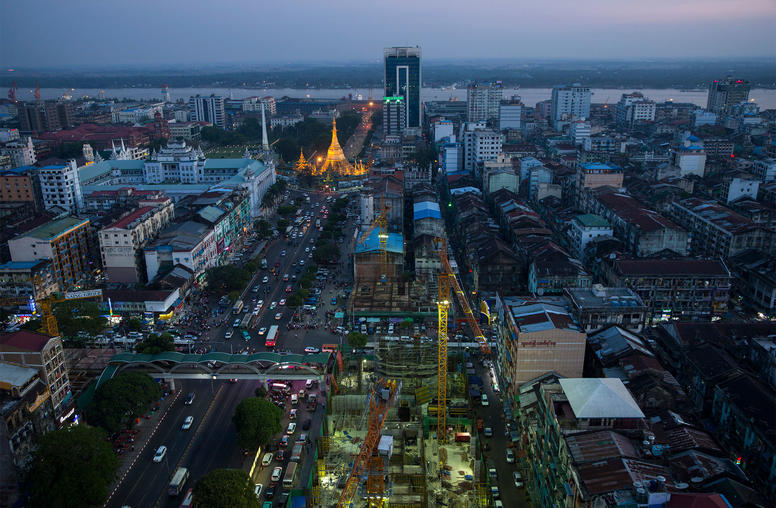
Myanmar: Casino Cities Run on Blockchain Threaten Nation’s Sovereignty
On January 20, a young venture capitalist named Douglas Gan sat down in a Philippine television studio to discuss, in part, an exciting new “Smart City” project his firm had become involved in. Sporting a black hoodie over a white tee-shirt, Gan described how one of his companies, Building Cities Beyond Blockchain, was already at work in Myanmar’s Yatai New City, recording instantaneous property transfers and showing the potential of blockchain technology. It’s a start, the anchor said. Gan agreed.
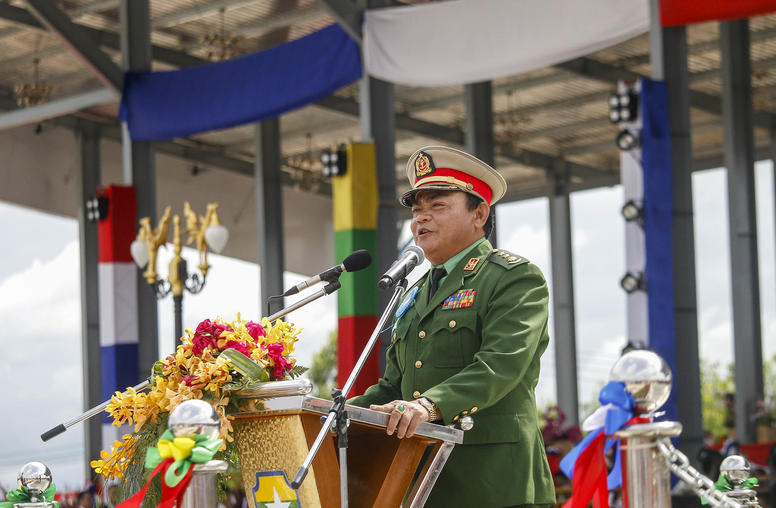
Myanmar’s Casino Cities: The Role of China and Transnational Criminal Networks
Seeking to profit from China's lucrative but illegal gambling market, a shady web of actors has begun building resort cities in Myanmar’s Karen State to cater to Chinese gamblers. This report casts light on the actors behind Myanmar’s illegal gambling sector, their linkages to Chinese government entities and to Myanmar's armed groups and military, and how their actions could upend Myanmar’s prospects for peace.
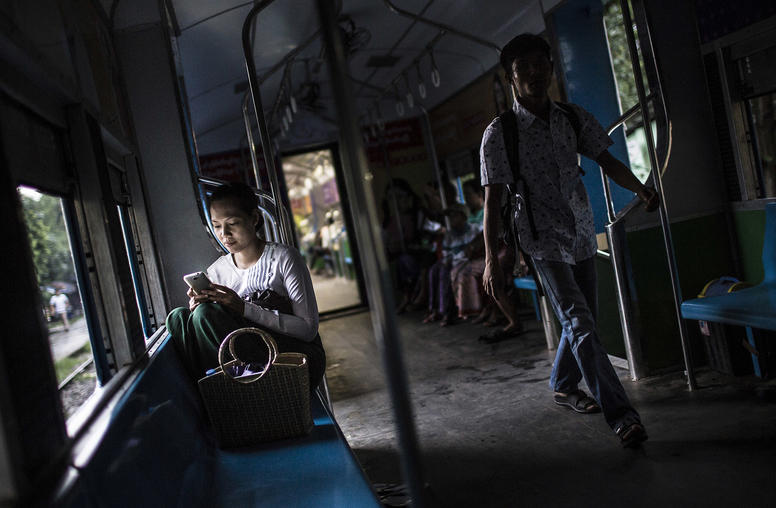
Myanmar: Transnational Networks Plan Digital Dodge in Casino Enclaves
The plans transnational crime groups have for Myanmar’s border region with Thailand are by no means easy to understand. Shards of information lie scattered across China, Myanmar, Cambodia, the Philippines, and Thailand. They appear in various languages in publicity videos on the internet, in business plans circulated on social media, and in white papers released by companies and individuals launching increasingly sophisticated schemes. The outline becomes clear, however, after cutting through denials and obfuscations, untangling local and international politics, and assembling the fragmentary data: A multinational cohort of individuals, linked to cross-border criminal activity, has allied with local armed groups in Myanmar to establish a base of operations beyond the reach of its civilian government. This creates an optimal environment to tap into the $25 billion-a-year illegal online gambling market in the People’s Republic of China.
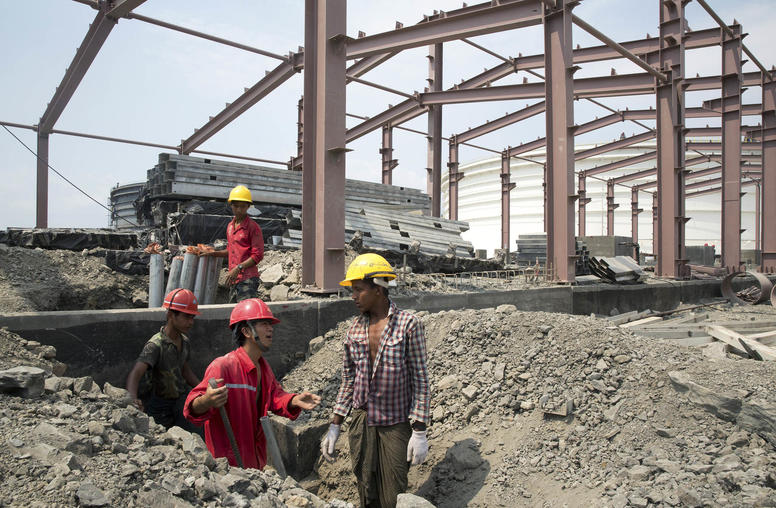
Chinese Crime Networks Partner with Myanmar Armed Groups
Along the banks of the Moei River that separates southeastern Burma from Thailand, three new cities are emerging on the traditional lands of Burma’s ethnic Karen. Not long ago, the area was wracked by intense combat between the Myanmar army and Karen nationalists. Today, hotels, casinos and condos are sprouting in unauthorized “special economic zones” owned and operated by murky Chinese business networks in partnership with local, mutually hostile armed groups. Of the three deals behind these cities, two were signed between January and March while the world focused single-mindedly on the spreading coronavirus.